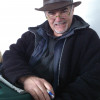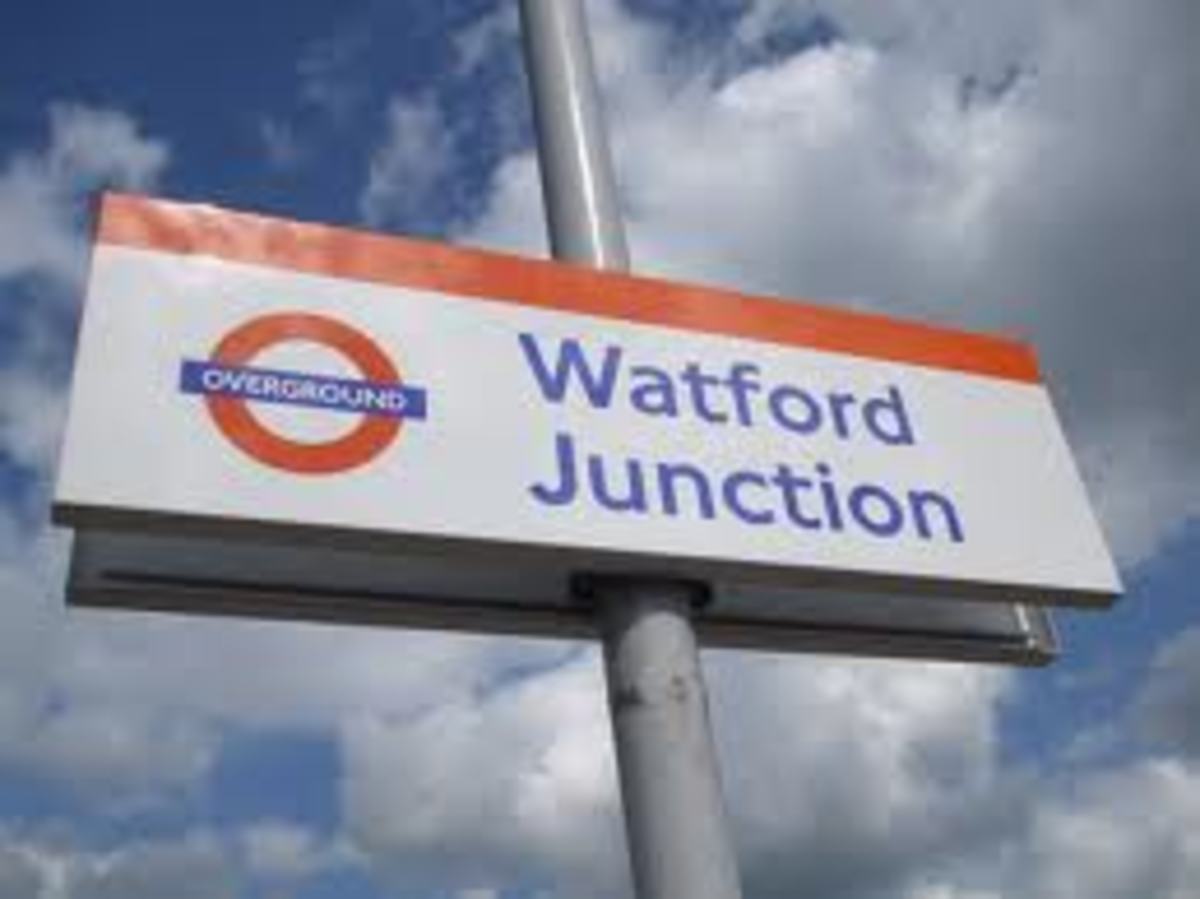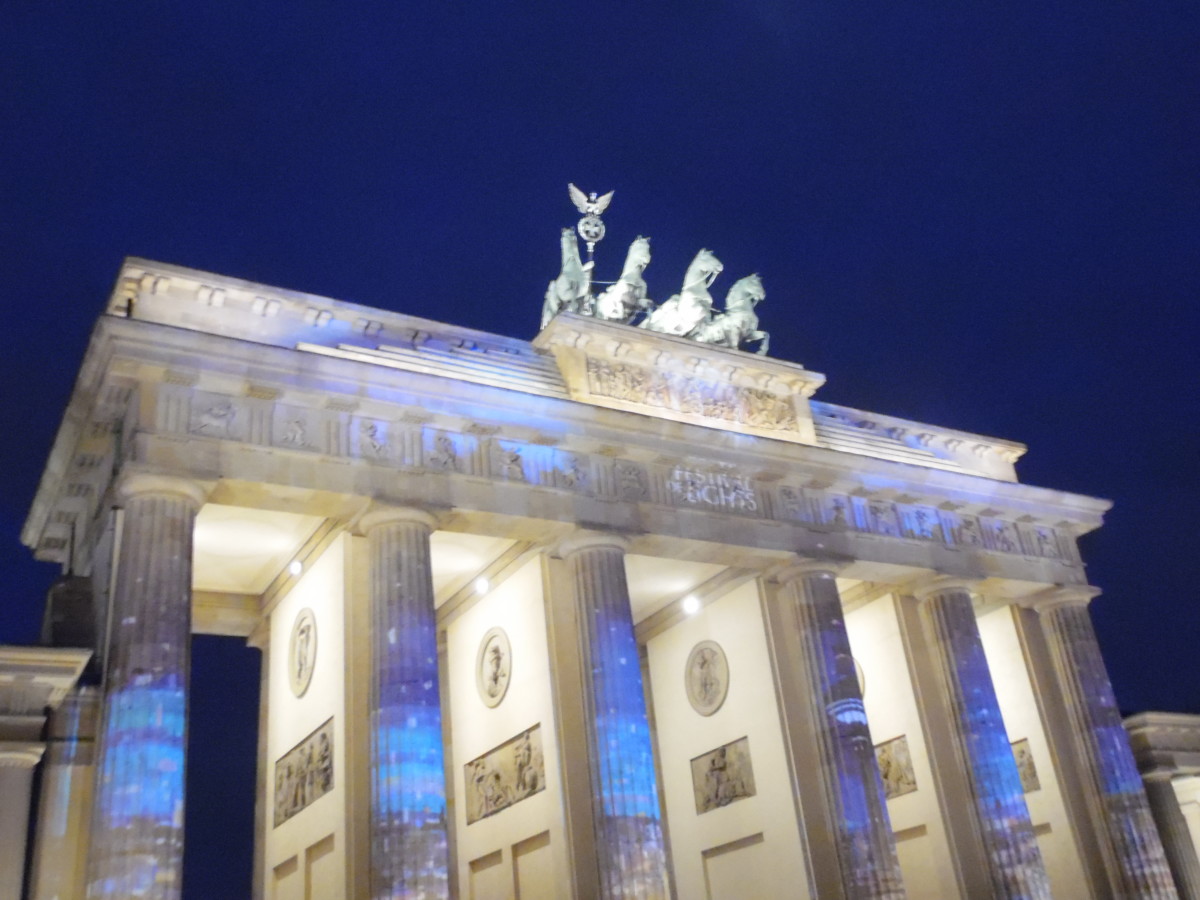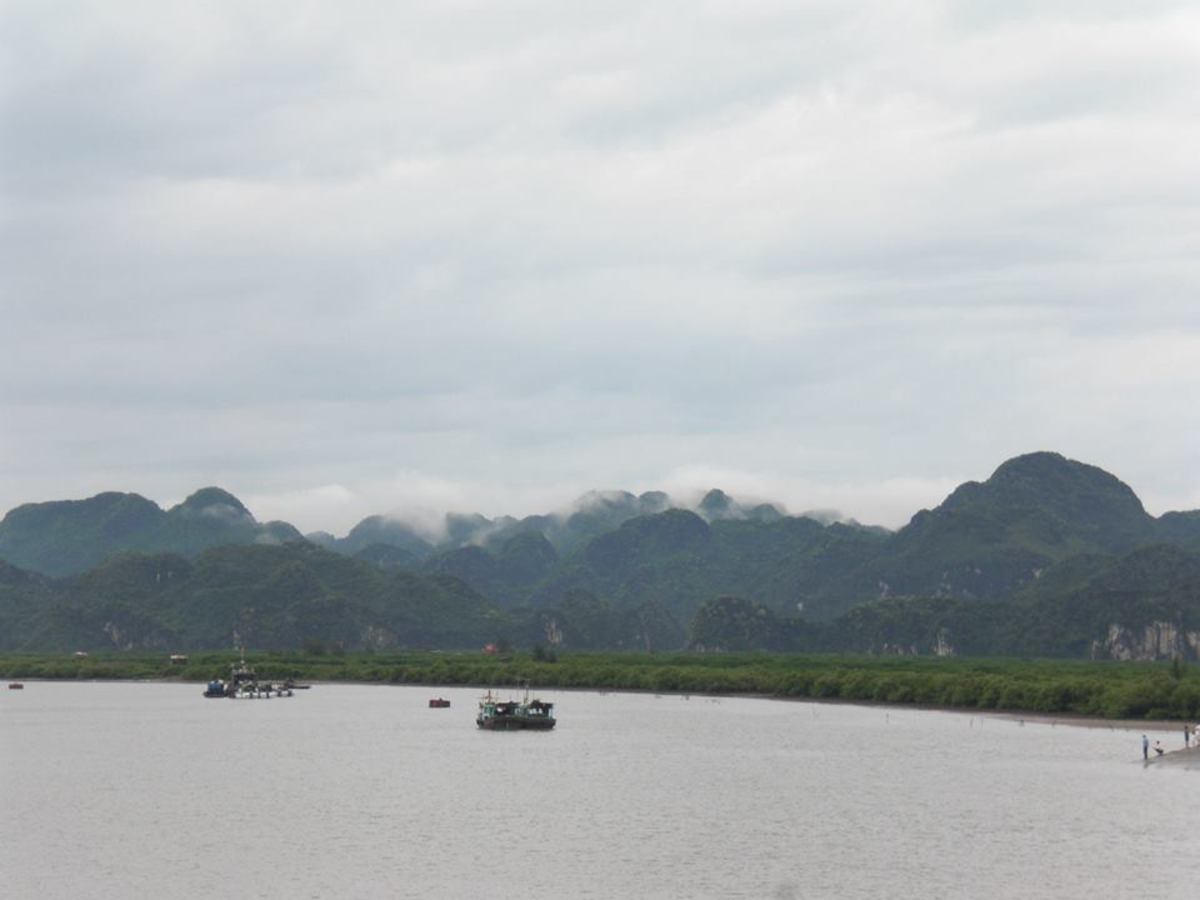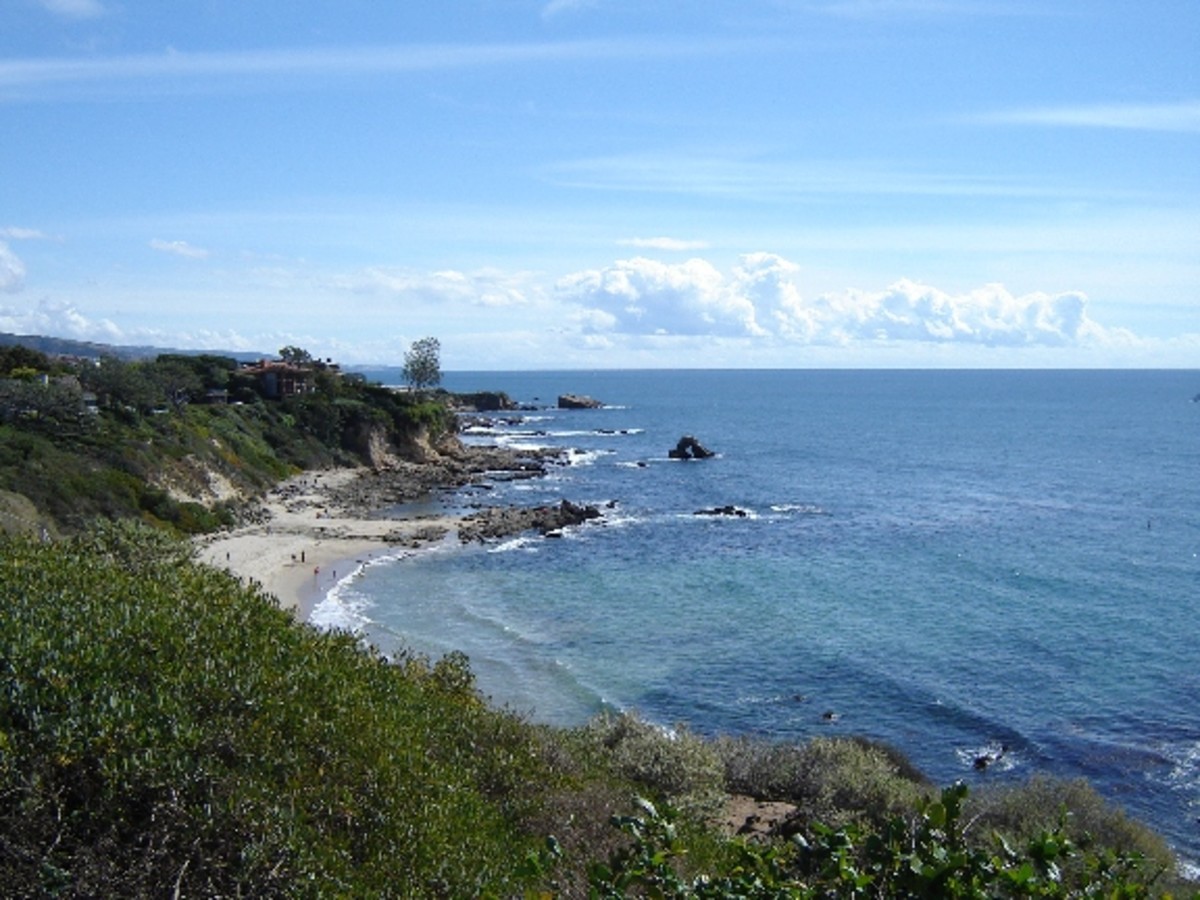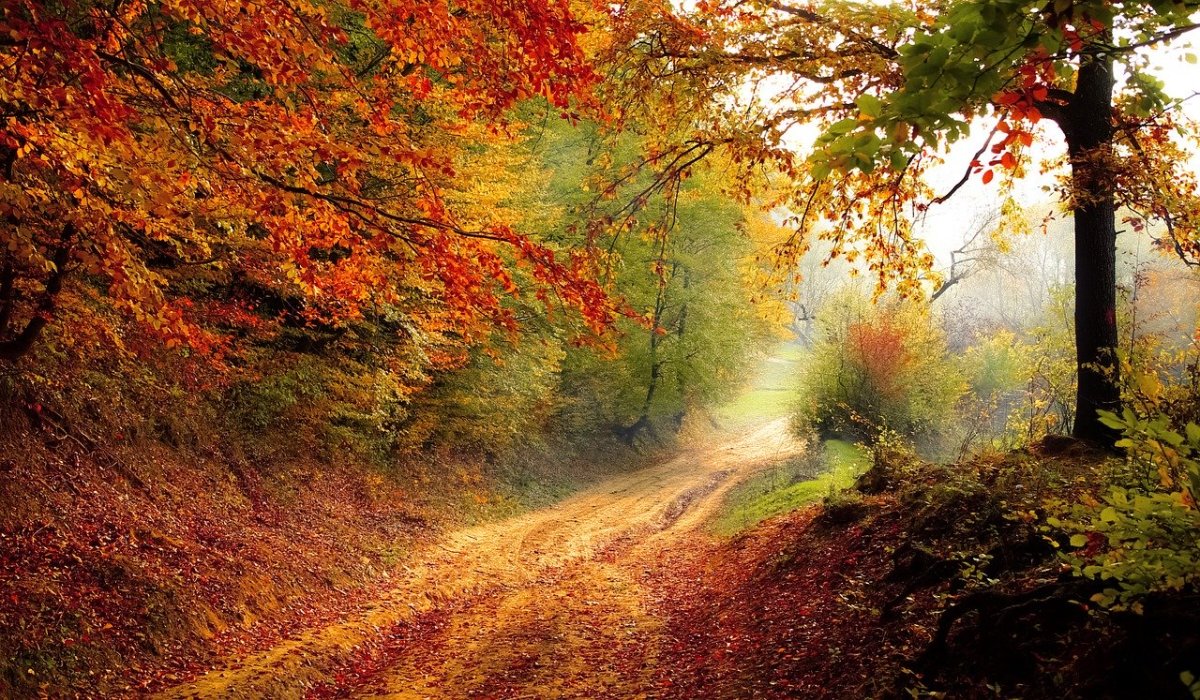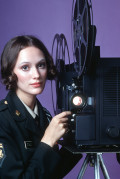- HubPages»
- Books, Literature, and Writing»
- Books & Novels»
- Nonfiction
from A Squandered Life / Berlin '69
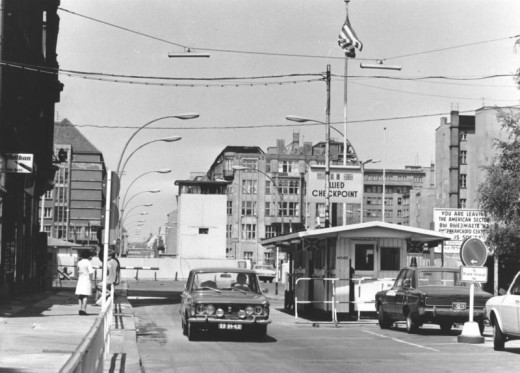
Checkpoint Charlie
The road to Berlin in those days was a “protected” corridor through East Germany. Plenty of traffic coming and going but at no point were there any identifiable points of access or egress. Just one long run from the East / West border to the sanctified island of capitalism in its sea of communist hostility.
The western half of the city itself seemed like any other major western centre of commerce and culture - hustling and bustling along wide boulevards and narrower back streets, full of gaudy advertising and neon light extravaganzas. I motored through sedately, just chugging around, rubber necking, until I spotted a news agent next to a cafe and pulled over for a map and a coffee. Sitting in the sun I managed to pin point the address that Agnetha had given me and slowly wound my way through the city to find her friends Marietta and Hans. A very welcoming couple, they immediately took me in and offered to show me around the city.
We went clubbing and to the cinema (Hans was a doctor and was always being offered free tickets). We picnicked at the complex of fresh water lakes on the outskirts, the only bit of nature to which besieged West Berliners had unfettered access. And of course, “the wall”. It would pop up here and there, creating unexpected cul de sacs, hard and uncompromising in its thirty foot high grey splendour. Whenever I was out and about on my own I would be drawn to that wall - most specifically to Checkpoint Charlie where I could stand at a viewing platform and gaze across no man's land to the concrete pill boxes and towers on the other side. More often than not, I would find myself the target of bored East German border guards' unflinching binoculars. Who knows what they might have been thinking as they watched western tourists gazing languidly across their patch of field of fire.
After a few days I headed for that checkpoint again - this time to pass through. I'd discovered that you could pick up a ferry to Sweden from Rostock to the north and thought, “why not”. It felt heady and peculiar as a succession of fully armed and intense looking border guards went through my documentation and, despite themselves, stole admiring glances at my motorcycle. After all the checks and double checks, breaking through to the other side felt like stepping through Alice's looking glass.
On the other side of “the wall”, the streets were virtually empty, complete even with the ghost town touch of grass and weed shoots appearing through cracks and between cobble stones. Pedestrian traffic too was meagre compared to the western side. What there was would inevitably stare as I motored gently past. I couldn't see many welcoming cafes and very few identifiable shops, but, in stark contrast to next door, there were absolutely no hoardings or neon bric a brac. When I stopped outside a tiny bar I was struck too, as soon as I switched the engine off, by the silence. You could actually hear bird song and snatches of human conversation. Occasionally a tram would come by, or maybe a lorry, or the odd Trabant, but apart from those periodic intrusions, the sound of internally combusting civilisation seemed a distant memory.
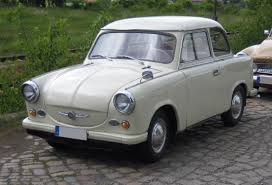
Rostock
I carried on out the north end of the city and into lush and even less mechanised countryside. The road surfaces were in need of repair but, as there was hardly any traffic, I was free to use as much or as little of the surface area as I liked. It was truly a green and pleasant land. It was as if I was in a massive conservation area - an enormous world heritage site whose walls the forces of western consumer madness had thus far failed to breach. Not a little conscious of the irony of riding my own form of consumer madness through this seemingly unblighted countryside, I nevertheless felt a harmony with a less frantic pace of life, a less frenetic urgency to feed an ever over-gorged but always insatiable “market”.
I encountered the odd ancient tractor whose driver would appear shocked out of deep reverie as I passed and had to stop for a herd of cattle crossing the road without any obvious sign of human intervention. I recall one or two trucks and a bus but am pretty certain I didn't see a car. Mostly it was just open dilapidated road.
At one point I encountered a couple of young guys on a sputtering pre-war BMW, complete with trailing link front suspension. They waved and we pulled both bikes over and stopped for a chat. I had no German and they had very little English so our exchange was limited to admiring each other's rides and swapping some bread and cheese and good German sausage. With handshakes, hugs, and slaps on the back we re-mounted and went our respective ways.
On the outskirts of Rostock I re-encountered largely empty weeded streets with few overt signs of activity. I kept my eyes peeled for ferry signage, but couldn't readily identify any. I simply kept heading north and then for the sea when I began to see bits of it. I arrived at the ferry port just as a boat was leaving and discovered, at the massive harbour gates, that I would have to wait a couple of hours for the next one. I parked up by some broad sweeping steps leading up to what looked like a government office and rummaged through my baggage for a book. I sat down on the steps and gazed across the road at the harbour. Like the rest of this world behind the wall, it seemed all but abandoned.
Up the road off to my left, at the end of the quayside but outside the heavy steel harbour fencing, I saw a small crowd of people who appeared to have been waving to the departing ferry. They were slowly dispersing as I settled down on the steps and immersed myself in my book. Perhaps 10 or 15 minutes later I heard a sound by my bike and looked up. I was startled to see a small crowd formed in a loose semi-circle around me and my bike. In complete silence they stood there and stared at both of us as if we'd landed from off planet. And behind the semi-circle another one was forming as more of the crowd returning from waving to the ferry slowly gathered loosely around the smaller inner circle. Nobody was smiling. They simply stared, first at my bike, then me, then my bike, then me again, quietly muttering in small sub-groups. After some futile attempts at smiling and engaging, I began to get nervous and paranoid and it seemed to me that an atmosphere of menace was slowly building.
Just as the tension was becoming unbearable (for me) and I was wondering how to extricate myself, a couple of police motorcycles arrived with lights flashing, ploughed their way through the loose gaggle, and began waving everybody away. As the people slowly dispersed the police turned their sullen attentions to me, gesturing for passports and documentation and going through the meagre baggage lashed on to the bike's luggage rack. Keeping my papers, they mounted up and indicated I should start up and follow.
They led me through steel gates into the dockyard and to a grim building at the quayside. We parked up and I was led indoors, behind a counter, and into a back room full of filing cabinets and desks. They dumped my papers on to a desk and showed me into yet another room. This room was windowless and furnished with a bench. Without any attempts at communication they then simply left the room and locked the door.
I waited there staring at the grey walls (I didn't even have my book) for two hours until the next ferry arrived, at which point they unceremoniously unlocked the door, stuffed my papers into my hands, showed me to my bike, and pointed to the ferry boat embarkation area.
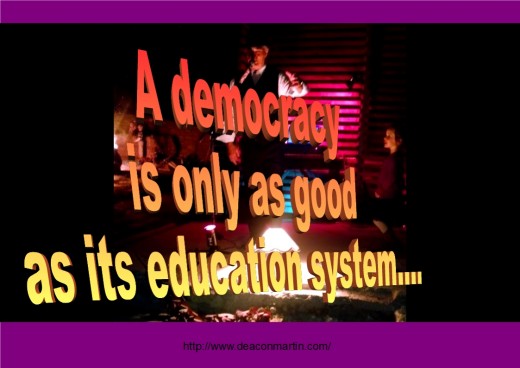
See also....
© 2012 Deacon Martin
